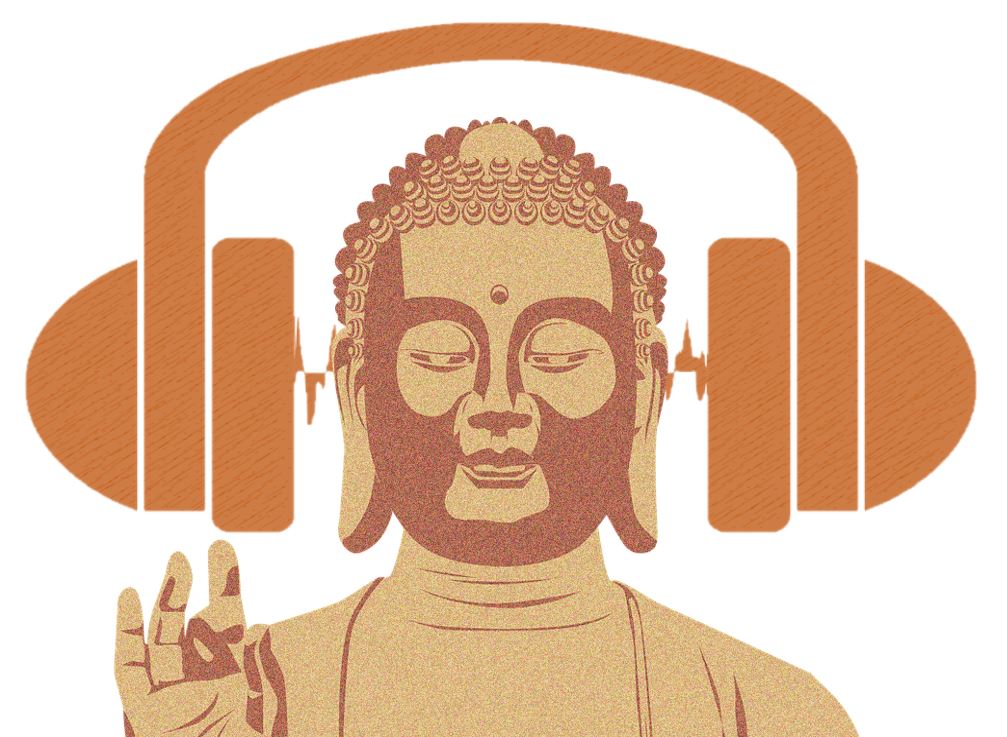
“Noting” or “Naming” is the practice of making a soft mental note to highlight the present experience that is unfolding in meditation or in daily life. It has a number of different purposes and uses. Among others, it can interrupt the distorting grip of reactivity, reframe present moment experiences, and create a new context for working with events, particularly difficult or challenging ones.
Noting/Naming is frequently misunderstood or undervalued even though it has the potential to be one of the most helpful, practical, and powerful tools of practice available to us.
This evening we look at the different purposes and applications of the Noting/Naming process through practical illustrations of common situations in meditation and everyday situation. We will also place the practice into the larger framework of Buddhist psychology, teachings, and methods.
The subject matter of this evening will be appropriate for all stages of practice.
